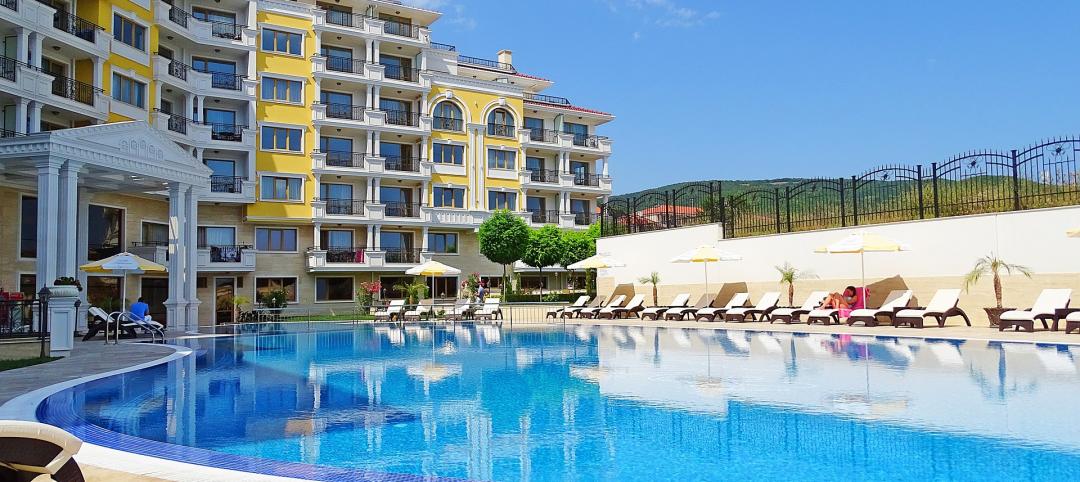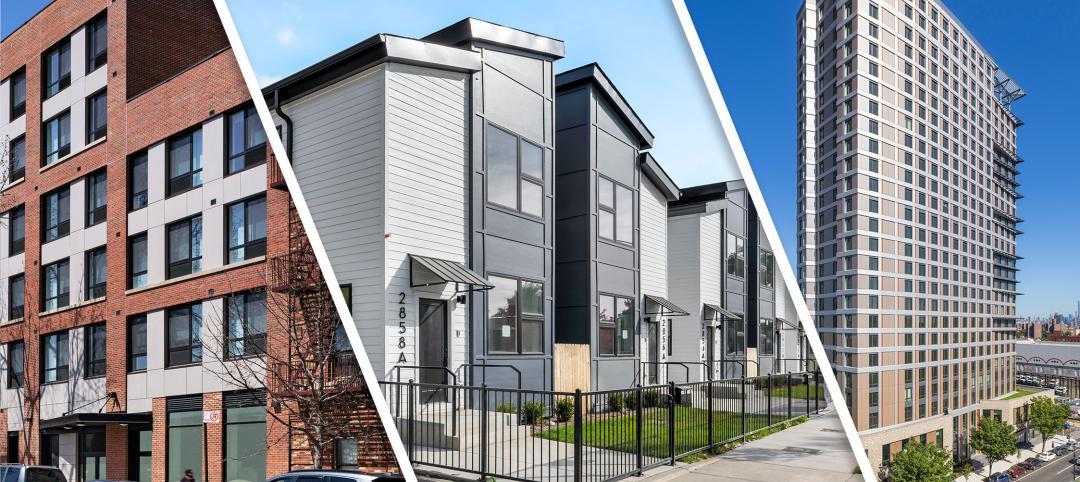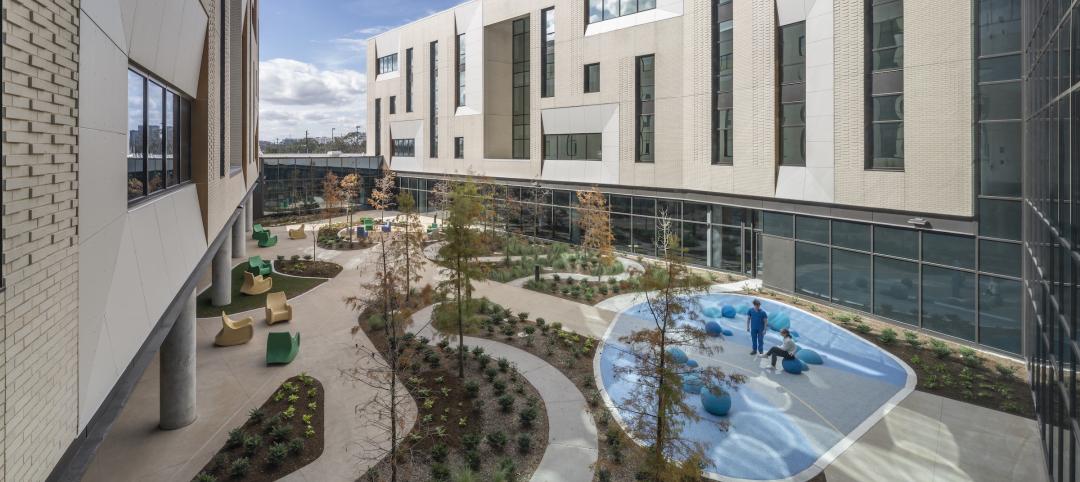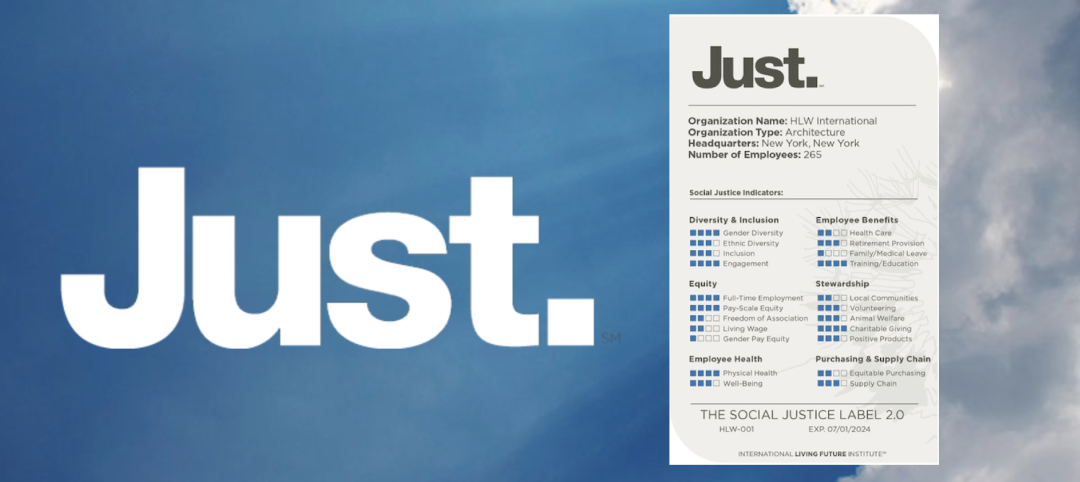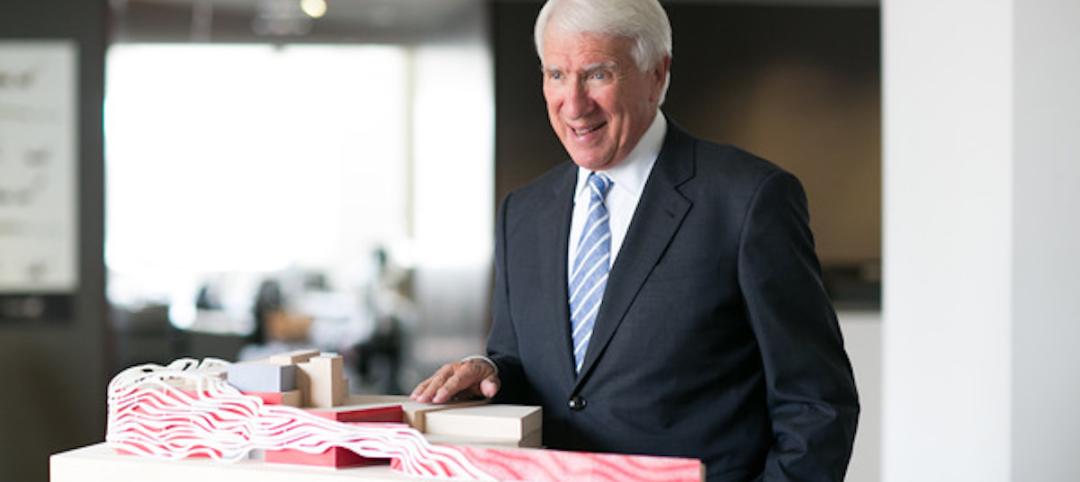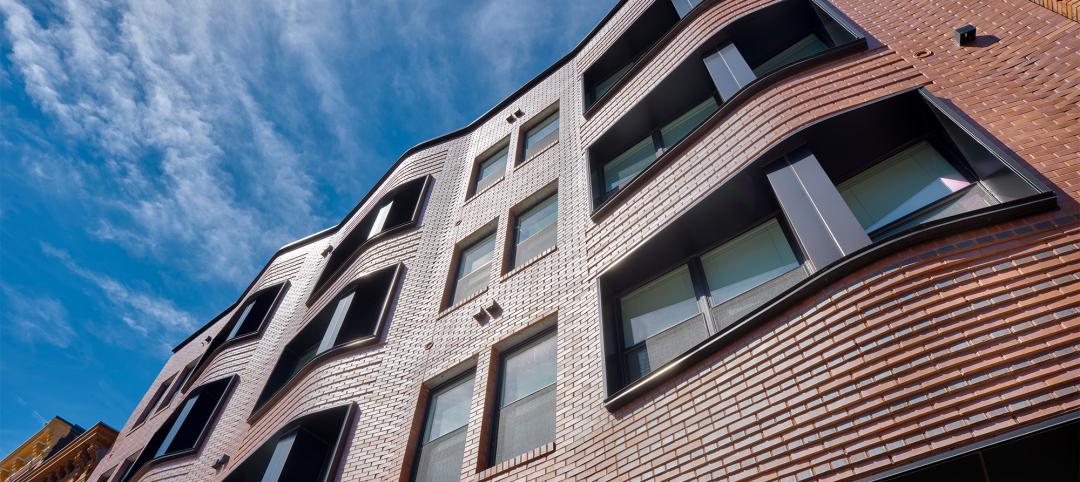Royal Philips, the global lighting supplier, has opened a 234-sm (2,519-sf) facility at the High-Tech Campus in Eindhoven, The Netherlands, which is conducting research with the goal of providing growers of fruits, vegetables, and herbs with LED light growing solutions. Other areas of research will focus on ways to grow more carbohydrate-rich crops, such as potatoes and wheat, indoors.
The facility, known as the Philips GrowWise City Farming research centre, uses connected LED systems that are customizable, allowing for the development of “growth recipes” tailored to each crop variety or a producer’s requirement, reports Inhabitat.
“Our aim is to develop the technology that makes it possible to grow tasty, healthy, and sustainable food virtually anywhere,” says Gus van der Feltz, Philips’ Global Director of City Farming. “The research we are undertaking will enable local food production on a global scale, reducing waste, limiting food miles, and using practically no land or water.”
Philips’ team has been able to change the shape, size, productivity and even oil content of many leafy greens and herbs. And because the plants can be stacked in layers, each with its own lighting system, sizable quantities of food can be grown in relatively small spaces.
The research center, one of the largest of its kind in the world, features four-layered mechanized planting racks in each of its eight climate rooms.
Philips’ team has been able to change the shape, size, productivity and even oil content of many leafy greens and herbs. And because the plants can be stacked in layers, each with its own lighting system, sizable quantities of food can be grown in relatively small spaces.
One of Philips’ partners churns out 900 pots of basil per year from one square meter of floor space. And with the cells being sealed and managed under strict hygienic protocol, the need for pesticides and chlorine washing can be significantly reduced, if not eliminated.
Philips, which has been active in horticultural lighting since 1936, has equipped several city farms, including GreenSense in Chicago. (Watch a short YouTube video to see what one of these farms looks like by clicking here.)
The company is hoping that its research facility will unleash lighting and technology innovations that, according to its press release, “will bring farm and fork within a few miles of each other,” and provide year-round growing solutions.
Royal Philips is launching this research center at a time when the world’s food supply is under increasing duress. The United Nations forecasts that by 2050, the world’s population will increase by 2.3 billion people, and that two-thirds of the total population will be living in cities.
In addition, 80% of the world’s arable land is already in use, a good part of which is struggling because of water shortages.



Related Stories
Multifamily Housing | Mar 14, 2023
Multifamily housing rent rates remain flat in February 2023
Multifamily housing asking rents remained the same for a second straight month in February 2023, at a national average rate of $1,702, according to the new National Multifamily Report from Yardi Matrix. As the economy continues to adjust in the post-pandemic period, year-over-year growth continued its ongoing decline.
Affordable Housing | Mar 14, 2023
3 affordable housing projects that overcame building obstacles
These three developments faced certain obstacles during their building processes—from surrounding noise suppression to construction methodology.
Healthcare Facilities | Mar 13, 2023
Next-gen behavioral health facilities use design innovation as part of the treatment
An exponential increase in mental illness incidences triggers new behavioral health facilities whose design is part of the treatment.
Student Housing | Mar 13, 2023
University of Oklahoma, Missouri S&T add storm-safe spaces in student housing buildings for tornado protection
More universities are incorporating reinforced rooms in student housing designs to provide an extra layer of protection for students. Storm shelters have been included in recent KWK Architects-designed university projects in the Great Plains where there is a high incidence of tornadoes. Projects include Headington and Dunham Residential Colleges at the University of Oklahoma and the University Commons residential complex at Missouri S&T.
Mixed-Use | Mar 11, 2023
Austin mixed-use development will provide two million sf of office, retail, and residential space
In Austin, Texas, the seven-building East Riverside Gateway complex will provide a mixed-use community next to the city’s planned Blue Line light rail, which will connect the Austin Bergstrom International Airport with downtown Austin. Planned and designed by Steinberg Hart, the development will include over 2 million sf of office, retail, and residential space, as well as amenities, such as a large park, that are intended to draw tech workers and young families.
Performing Arts Centers | Mar 9, 2023
Two performing arts centers expand New York’s cultural cachet
A performing arts center under construction and the adaptive reuse for another center emphasize flexibility.
Architects | Mar 9, 2023
HLW achieves Just 2.0 label for equity and social justice
Global architecture, design, and planning firm HLW has achieved The International Living Future Institute’s (ILFI) Just 2.0 Label. The label was developed for organizations to evaluate themselves through a social justice and equity lens.
Architects | Mar 9, 2023
A. Eugene (Gene) Kohn, Co-Founder of Kohn Pedersen Fox, dies at 92
A. Eugene (Gene) Kohn, FAIA RIBA JIA, Co-founder of international architecture firm Kohn Pedersen Fox, died today of cancer. He was 92.
Affordable Housing | Mar 8, 2023
7 affordable housing developments built near historic districts, community ties
While some new multifamily developments strive for modernity, others choose to retain historic aesthetics.
Architects | Mar 8, 2023
Is Zoom zapping your zip? Here are two strategies to help creative teams do their best work
Collaborating virtually requires a person to filter out the periphery of their field of vision and focus on the glow of the screen. Zoom fatigue is a well-documented result of our over-reliance on one method of communication to work. We need time for focus work but working in isolation limits creative outcomes and innovations that come from in-person collaboration, write GBBN's Eric Puryear, AIA, and Mandy Woltjer.



